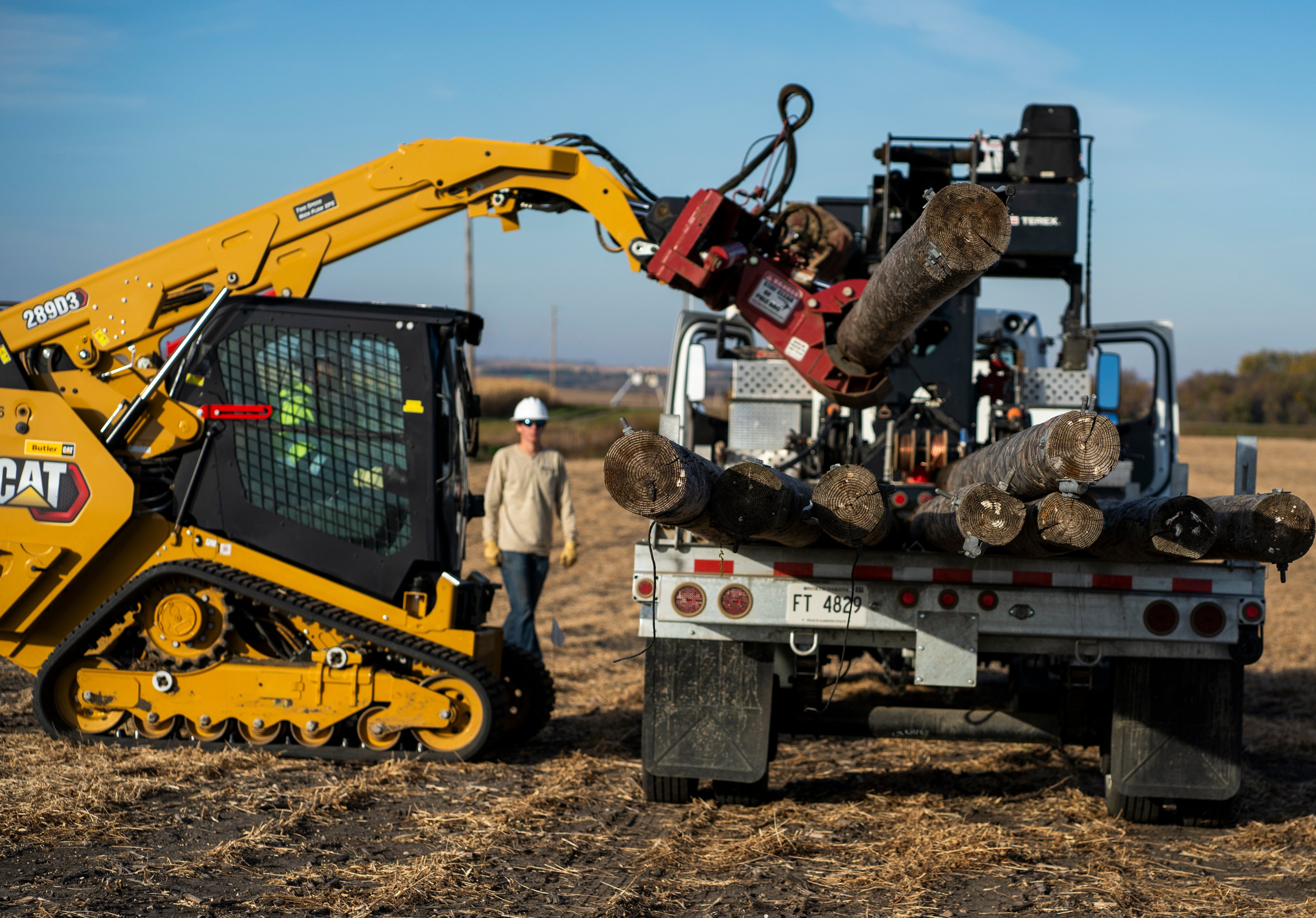We're hiring! Check out our opportunities on our careers page!
Our Office: 4100 32nd Ave. S. Fargo, ND 58104
Our Office: 4100 32nd Ave. S. Fargo, ND 58104

Last year’s ice storm was the worst the region has seen in over a quarter of a century. And while the chances of another storm of that magnitude occurring in the near future are slim, weather in our region is as unpredictable as it comes. And while we can’t control the weather, we can control how prepared we are in case of a major storm.
Cass County Electric Cooperative (CCEC) prides itself as a leader in safety for its employees and members. That includes storm preparation, response, and preventative maintenance that keeps you as a member at the forefront of the picture. It’s also critical for members to take proactive steps to ensure preparedness in the event of a major ice storm that causes the power to go out for an extended period.
“The first step to proactive safety is your own well-being,” CCEC Manager of Systems Maintenance and Fleet CJ Erickson said. “It’s critical to prepare for the worst.”
Safety for one’s well-being starts with over-preparing essential resources such as food and water, as well as planning logistics for heating, sump pumps, and livestock for farmers.
“If we have an extreme weather event forecasted and you suspect you may be out of power for a day, plan to have enough resources for three to four days,” Erickson said.
A former lineworker for 17 years, Erickson stresses the importance of investing in a generator.
“If you’ve got the financial means, it (buying a generator) can be a lifesaver.”
Yet, while generators can keep the lights on during a severe outage, they can be deadly to both users and lineworkers if not used or installed properly.
“Always contact a licensed electrician to install your generator or if you have critical maintenance questions,” Erickson said. “The consequences of not doing so can be tragic.”
Refer to the following safety and maintenance tips for your generator.
- Keep all standby, portable, and inverter generators at least 20 feet from your home or barn.
- Direct exhaust from your generator away from your home or barn.
- Make sure to start and stop generators when no electrical loads are connected.
- Ensure your generator is properly grounded. Use a ground fault circuit interrupter (GFCI) to prevent electrical shock injuries.
- Keep portable and inverter generators dry and out of rain/snow.
- Connect a generator directly to your home’s wiring without the appropriate transfer switch installed.
- Plug a generator into a regular household outlet.
- Operate a generator in a closed space.
- Fuel a generator while it is operating.
- Overload generators.
- Touch hot parts of the generator while in use (muffler or engine components).
Remember – safety starts and ends with you! Never hesitate to reach out to CCEC with questions.